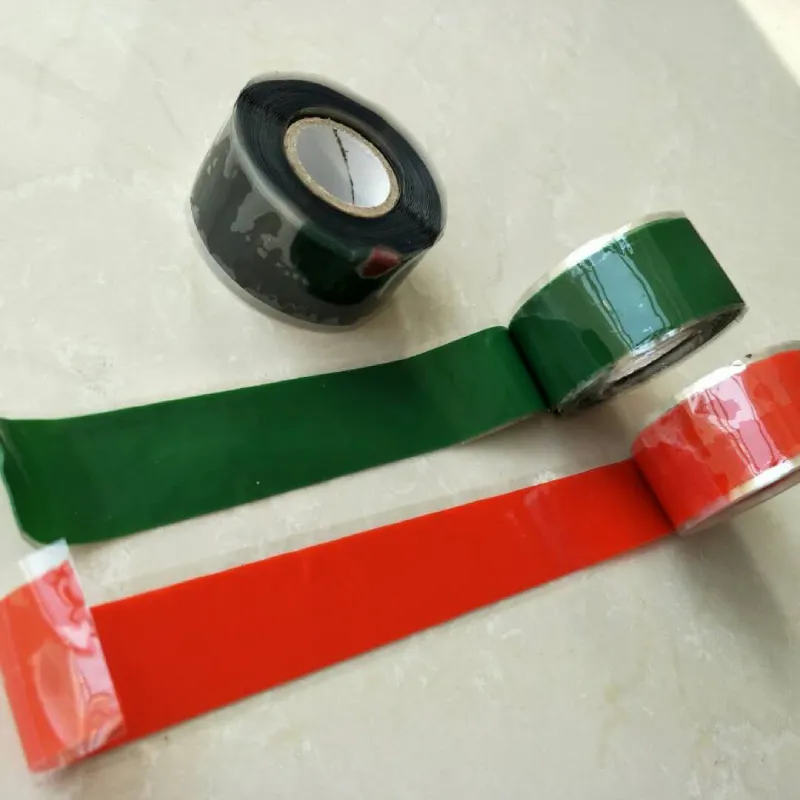The Versatility of Automotive Fabric Tape A Comprehensive Overview
In the automotive industry, the need for durable and reliable materials is paramount. One such material that has gained popularity for its versatility and efficiency is automotive fabric tape. This innovative tape combines strength with flexibility, making it an essential tool for both manufacturers and automotive enthusiasts alike.
Automotive fabric tape is typically made from a variety of materials, including woven fabric, polypropylene, or cotton, and is often coated with a layer of adhesive to enhance its performance. This unique construction provides a plethora of benefits that cater specifically to the needs of the automotive sector.
Durability and Strength
One of the most significant advantages of automotive fabric tape is its durability. Unlike traditional adhesive tapes, fabric tape is resistant to wear and tear, making it ideal for use in high-stress environments. Whether it's securing loose parts, insulating electrical components, or reinforcing joints, automotive fabric tape can withstand the rigors of automotive applications without degrading.
Heat Resistance
Automotive environments can expose materials to extreme temperatures, whether from the engine, exhaust systems, or direct sunlight. Fabric tape is engineered to resist heat, ensuring a reliable bond under varying conditions. This feature is critical in preventing tape from melting or losing its adhesive properties, which could lead to breakdowns or safety hazards in vehicles.
Flexibility and Adaptability
The flexible nature of fabric tape allows it to conform to various surfaces, making it effective for applications in complex or irregular shapes. This adaptability is particularly useful when working on automotive interiors, where precise fitting around curves and corners is necessary. The ease of application, combined with its ability to stretch and bend, makes automotive fabric tape a go-to solution for a myriad of tasks.
Insulation and Noise Reduction
automotive fabric tape

Another noteworthy characteristic of automotive fabric tape is its insulating properties. It can effectively reduce noise and vibrations, which is crucial for enhancing the overall comfort of the vehicle. By applying fabric tape to specific areas of the car, manufacturers and DIY enthusiasts can create a quieter ride, contributing to a more enjoyable driving experience.
Ease of Use
Automotive fabric tape is user-friendly. It can be easily torn by hand, eliminating the need for scissors or cutting tools. The application process is straightforward, saving time and effort during installation or repairs. Additionally, fabric tape adheres well to most automotive surfaces, including metals, plastics, and composites, ensuring a strong bond wherever it is applied.
Cost-Effective Solution
For both manufacturers and consumers, automotive fabric tape represents a cost-effective solution. Its durability reduces the need for frequent repairs or replacements, while its versatility means that a single product can be used for multiple applications. This not only saves money but also streamlines inventory management for automotive businesses.
Environmental Considerations
As the industry becomes increasingly focused on sustainability, automotive fabric tape manufacturers are also exploring eco-friendly options. Some tapes are now available with biodegradable adhesives or made from recycled materials, appealing to environmentally conscious consumers and businesses.
Conclusion
In summary, automotive fabric tape is a remarkable product that encapsulates durability, flexibility, heat resistance, and ease of use. Its wide range of applications makes it a vital component in the automotive industry, and its benefits extend to both professionals and DIY enthusiasts. Whether used for repairs, insulation, or reinforcement, automotive fabric tape is shaping the future of automotive manufacturing and maintenance, ensuring that vehicles are safer, quieter, and more efficient on the road. As technology advances and eco-friendly alternatives emerge, the role of fabric tape in the automotive sector is poised to grow, solidifying its position as an indispensable tool in car care and production.
-
XIANGFAN Rubber Tape-Ultimate Solutions for All Your Insulation NeedsNewsJun.24,2025
-
XIANGFAN Rubber Tape-Protection for Industrial and Residential ApplicationsNewsJun.24,2025
-
XIANGFAN Rubber Tape: Superior Safety and Sealing for Demanding EnvironmentsNewsJun.24,2025
-
XIANGFAN Rubber Tape: Reliable Solutions for Every Electrical ChallengeNewsJun.24,2025
-
XIANGFAN Electrical & Industrial Tape: Powering Reliability Across IndustriesNewsJun.24,2025
-
XIANGFAN Electrical & Industrial Tape: Excellence in Every ApplicationNewsJun.24,2025
